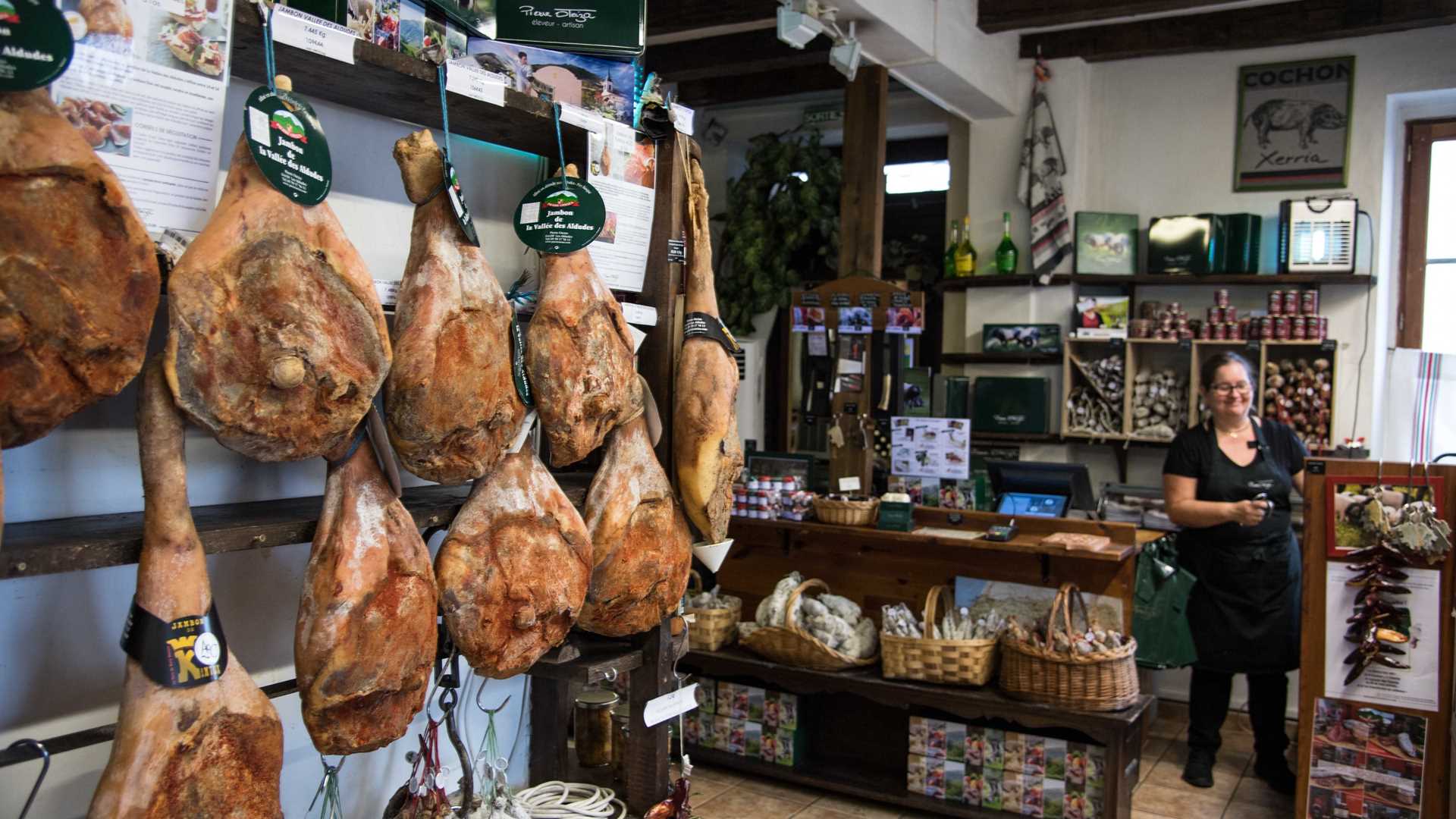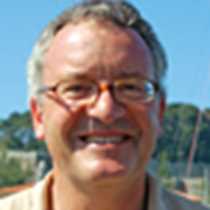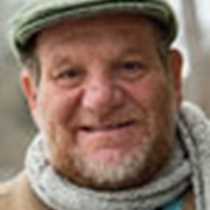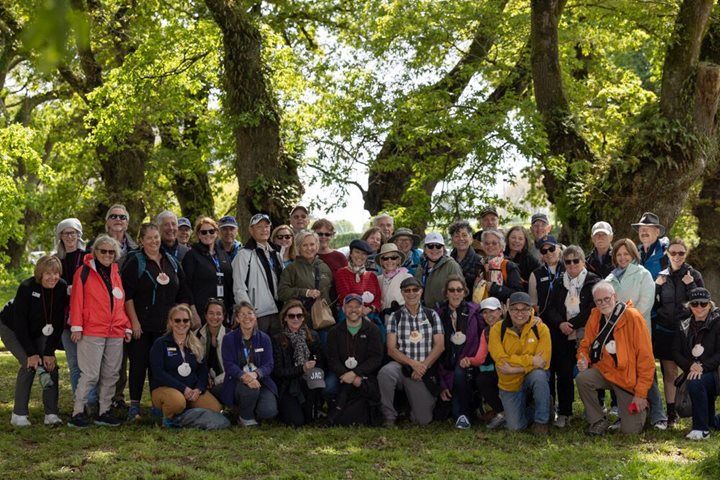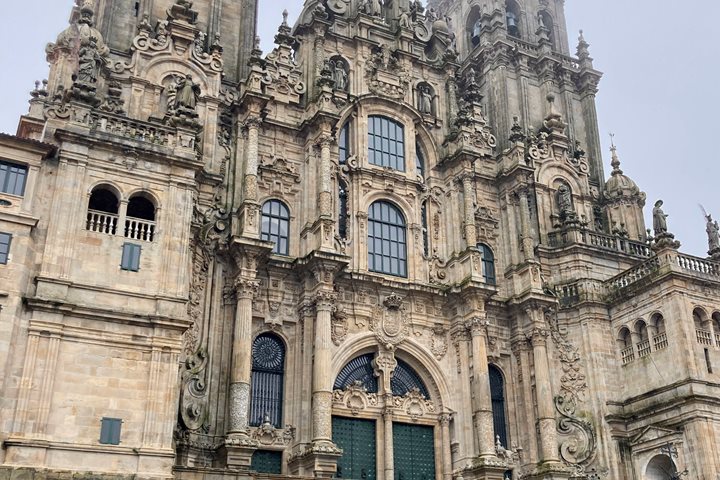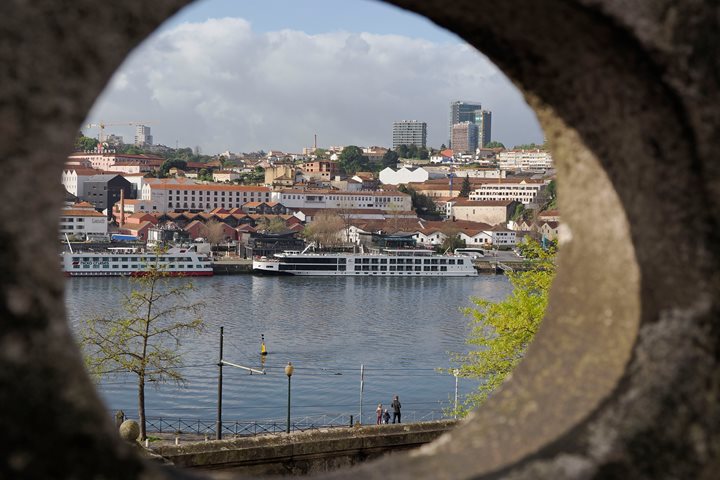Today was our first port-of-call in the Basque Country. The Basques have three provinces in
We arrived in Bayonne, which is known for several things: the invention of its eponymous bayonet, Bayonne ham, and chocolate. Bayonne saw some of the first imports of chocolate from the New World into the Old and artisan chocolate makers abound in the region, one of which we visited today. A tour into the Basque countryside saw us visit the picturesque village of Aïnhoa, with its seventeenth-century church of Our Lady of the Assumption and its wide central street, the latter forming part of the historical camino route to Santiago de Compostella. Espelette, also part of our tour, is internationally famous for its paprika production. We had cider and Bayonne ham at a traditional Basque farmhouse, preserved in seventeenth-century style complete with period furnishings. The owner explained the spiritual importance of the Basque house (etxe) to Basque society before serving us delicious homemade cider, Bayonne ham, and sheep’s cheese.
Those who cycled or walked in Bayonne visited a city with many handsome buildings, including the Cathedral of Saint Catherine that has a stained glass window with one of the earliest representations of a central rudder in European art (another Basque invention). The Basques have always been great seafarers. One Basque word, at least, has gone into English: the word harpoon from the whaling industry. The outer walls of the town, as in many other ports along the French coast, were constructed by the great seventeenth-century French military engineer Vauban.

